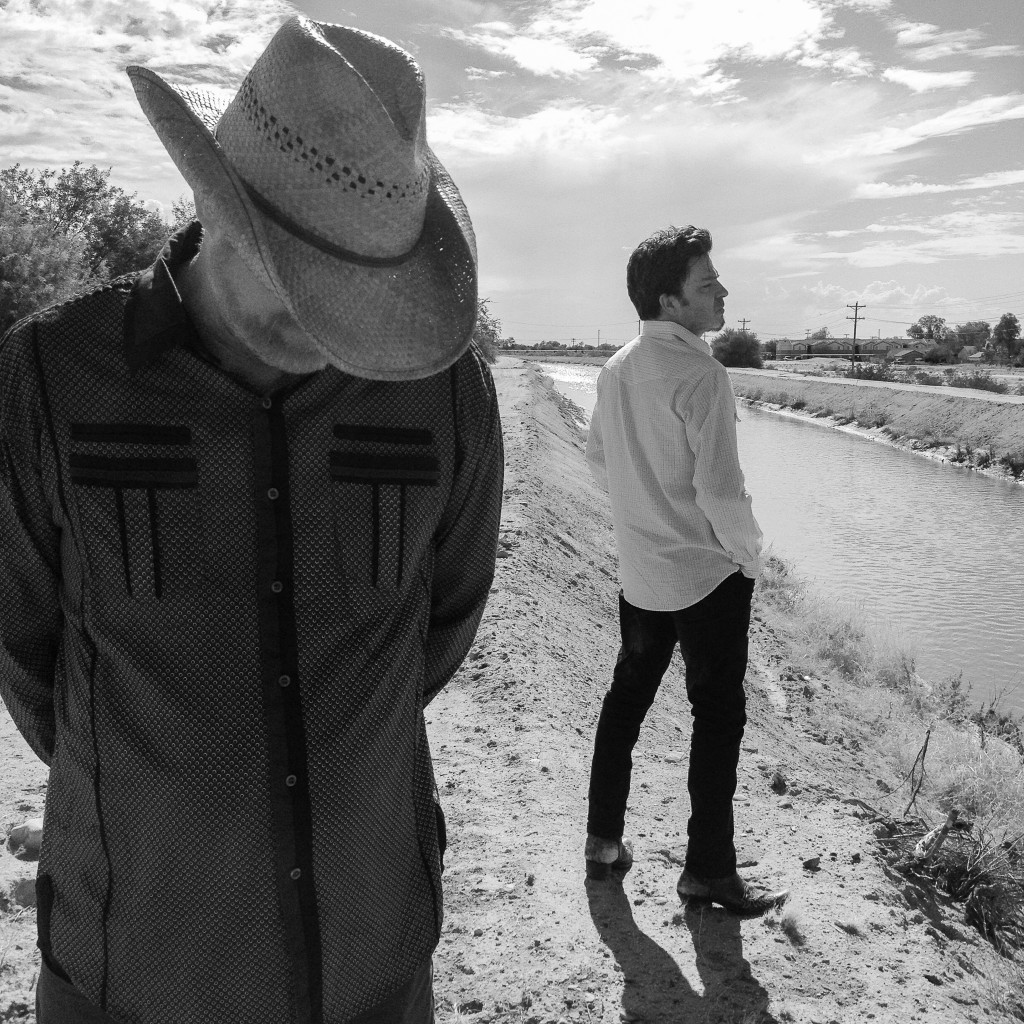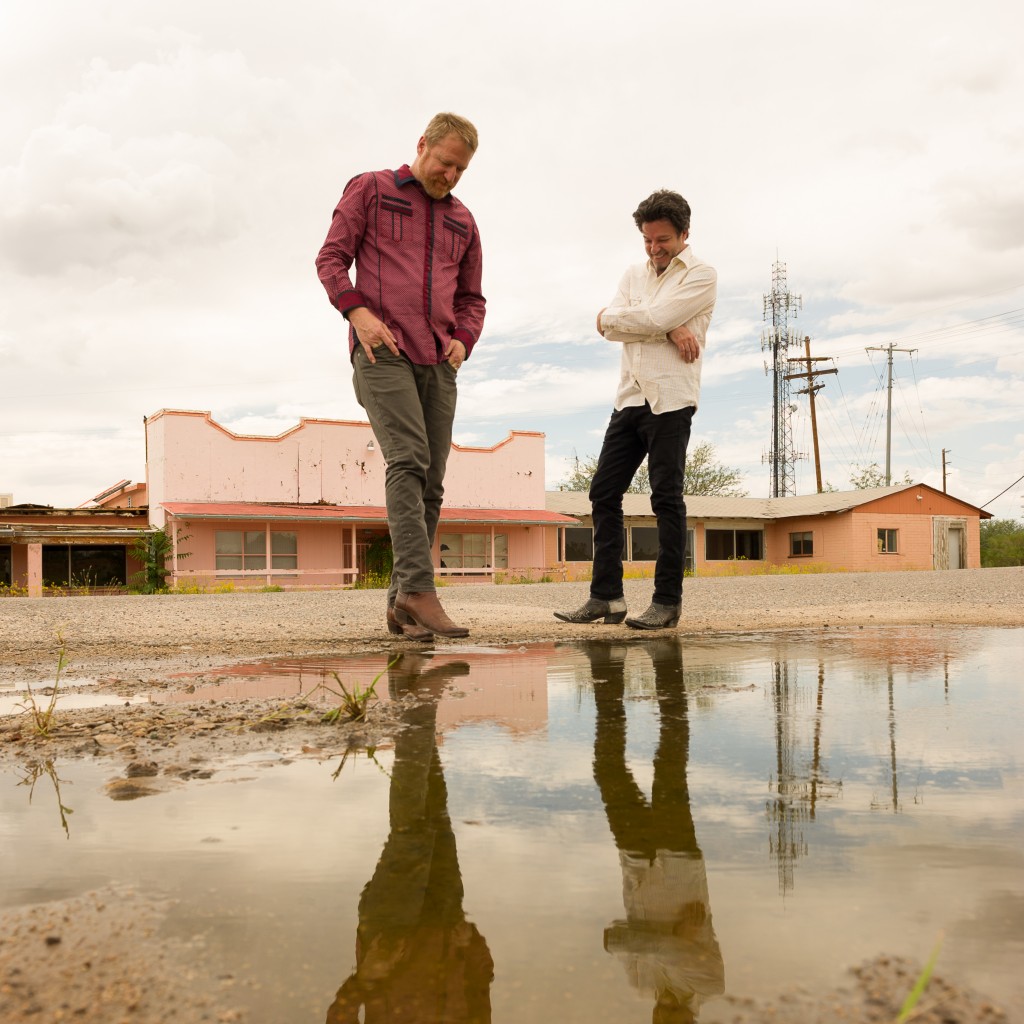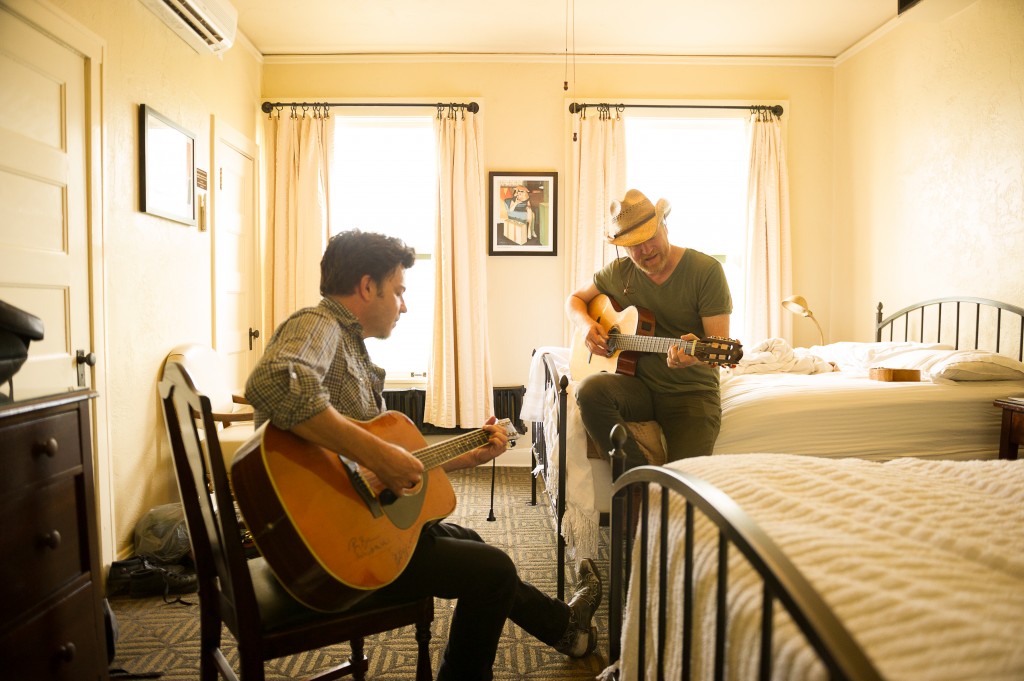Culture
From Berkeley to Marietta: Speaking with Cracker’s David Lowery
By: Emily Votaw
Posted on:
David Lowery has served as the frontman for both indie rock legend Camper Van Beethoven and alt-rock heroes Cracker over the course of the past 30 years. He’s currently on tour with Cracker, performing tracks off of the band’s 2014 album Berkeley to Bakersfield (SAVOY). Although the record was released about three years ago, the politically charged two-disc set still speaks eloquently and plainly to the political atmosphere of America in 2017.
WOUB’s Emily Votaw spoke with Lowery about living in a divided country, what it means to be a musician in an age of streaming services, and coming to Marietta’s Peoples Bank Theatre on Friday, July 14.

WOUB: Berkeley to Bakersfield is such a politically charged record – but it came out in 2014, and so much has changed since then. How do you feel the record speaks to the political climate in the country right now?
David Lowery: I think it actually foreshadowed what was going to happen over the following years. It started simply because it was going to be a two-disc set. The Bakersfield disc is more country influenced and has more of a traditional Americana sound. The Berkeley disc is the one that I worked with the fellows who were on Cracker’s Kerosene Hat record with, and a lot of it just came from recording in Berkeley. You walk around Berkeley and you see a lot of political graffiti, a lot of anarchist and punk bands playing around. The stylistic differences in the discs developed because of the political differences between Berkeley and Bakersfield. People tend to think of California as being this trendy, liberal, coastal elite kind of place, but California is actually incredibly complicated. I grew up pretty far inland, where ranching and orchards are dominant – if you are in eastern California, you might as well be in Oklahoma in a lot of ways. The record sort of foreshadowed what was going to happen with the 2016 election because you can see that great divide between Berkeley and Bakersfield – and that divide is all over. I’m sure you can see it in Ohio, too, from the urban centers like Cleveland and Columbus to the Appalachian portions of the state.

WOUB: Yes, that divide is certainly here in Ohio, too. And all over the country. We’re in Athens, so it’s a more liberal space, but Athens County itself is very conservative.
DL: I’ve been to Athens, it’s a cute little town. We played there a few years back. And yeah, that divide is what we’re getting into with this album. I think that musicians, as opposed to other people in the entertainment industry, have the opportunity to experience places that other people in the entertainment industry might never visit. We drive through a lot of small towns, we stop to get gas, we eat at little diners, we stay at small town hotels, and that’s more than a lot of people in the entertainment industry ever see because they are usually in L.A. or New York City. It’s a lot more egalitarian as a musician. It’s not like anybody in the band voted for Trump, but it didn’t surprise us given where we go and what we see.
WOUB: From your standpoint as someone in the music industry, do you feel that people have grown to devalue music with the rise of streaming technology?
DL: I don’t think that people appreciate art less than they once did – I have two teenage sons and their whole lives are built around the music they listen to. Music is still socially and culturally valuable, it’s just that there is a disconnect in that the revenues from the music aren’t flowing to the creators. What the real problem is that the value is captured by the middlemen, by the intermediaries. That isn’t just a problem for musicians, it’s a problem for maintaining a healthy economy. What is happening to musicians will happen to everybody else, too. We need to rethink a lot of things: collective bargaining, anti-trust laws, fair pay, fair play. The Internet seems to want one of everything, which leads to the creation of these powerful monopolies that I believe are a danger to democracy. At some point we’re going to have to get them under control or decide that we don’t want a democracy anymore. In general, I think that people are waking up to that, though. It’s an interesting time.

WOUB: I always think that, too – but honestly it’s not like I know any different.
DL: Your generation kind of grew up with this. A lot of people think that it is a binary choice – we can either have our digital freedoms that we have today or you can get paid fairly; like it’s binary choice. When we went through industrialization it wasn’t a question of whether there would be railroads and coal mines and whether workers would be paid fairly. Eventually we came up with unions, minimum wage, fair pay, fair working conditions; it is not a binary choice. The people who try to get you to believe it is a binary choice are probably the people you should watch out for.
WOUB: Do you have anything to say about coming to the Peoples Bank Theatre in Marietta?
DL: We haven’t been out that way in a while; and I like to go places we haven’t been for a bit. It’s a beautiful part of the country and I’m looking forward to playing for some people I haven’t played for in a while.

